The presence of magic and spellcasters is among the most iconic elements of Dungeons & Dragons. Of the thirteen playable classes in D&D, nine classes are capable of casting spells by default while the remaining four classes have access to subclasses that can potentially allow a character to wield even a small amount of magic.

Related
Dungeons & Dragons: How To Level Up Your Bastion
Leveling up your bastion in Dungeons & Dragons can be a rewarding, yet complex process. Here’s everything you need to know.
However, the manner in which different spellcasters can access their magic varies. While some spellcasters learn new spells over the course of their travels, others prepare which spells they’ll have readied every day. As this can be complicated for newcomers to spellcasting, we’re going to explain everything you need to know about preparing spells in D&D’s fifth edition!
Updated February 16, 2025 by Jack Filsinger: With the release of the 2024 Player’s Handbook, some rules have shifted in terms of how many spells you can prepare in 5e. We’ve updated this list with new rules for preparing spells, as well as added tables to show how preparing spells works across various classes and levels.
What Is Spell Preparation?
Preparing spells in D&D involves spending time choosing which spells you can cast from your class’s spell list. In doing so, this means that you can cast any spell on your class’s spell list, as opposed to being limited to just a certain number of spells you’ve learned or know.
While prepared spellcasters can cast any spell on their class’s spell list, they must still have spell slots available to cast it.
While there is more flexibility in spell preparation, a character must choose which spells they can cast from their spell list at the start of each day and prepare them.
This flexibility allows a player with the foresight of upcoming obstacles and potential battles to ready the spells that will be the most helpful to their party, allowing them to easily adapt to a myriad of scenarios.
Which Classes Can Prepare Spells?
While there are many classes that can cast spells, not all characters are capable of preparing spells each day. Here is a breakdown of the classes that can prepare their spells each day and how many spells they can prepare.
|
Class |
Change Prepared Spells |
Number Of Spells |
|---|---|---|
|
Cleric |
When you finish a long rest. |
Any |
|
Druid |
When you finish a long rest. |
Any |
|
Paladin |
When you finish a long rest. |
One |
|
Ranger |
When you finish a long rest. |
One |
|
Wizard |
When you finish a long rest. |
Any |
Unlike clerics, druids, and paladins, it’s important to note that rather than being able to prepare any spells from their class’s spell list, wizards instead prepare spells available from within their spellbooks.
How Do Bards, Sorcerers, And Warlocks Prepare Spells?
Unlike the other five classes above, bards, sorcerers, and warlocks don’t choose new spells at the start of each day. Instead, these three classes prepare a new list of spells like so.
|
Class |
Change Prepared Spells |
Number Of Spells |
|---|---|---|
|
Bard |
When you gain a level. |
One |
|
Sorcerer |
When you gain a level. |
One |
|
Warlock |
When you gain a level. |
One |
This means these classes are slightly less flexible when it comes to their spell lists, but you can still swap out a spell you’re not using that much for another whenever you gain a level.
How Many Spells Can You Prepare?
The number of spells a character is capable of preparing varies depending on which rulebook your table is using. These rules have changed if you’re now using the 2024 Player’s Handbook as opposed to the 2014 Player’s Handbook.
How Many Spells Can You Prepare In The 2024 PHB?
In the 2024 Player’s Handbook, the number of spells a player can prepare is determined by the character’s level. Here’s an example of the number of spells a druid can prepare based on their level.
|
Druid Spells Prepared |
|||
|---|---|---|---|
|
Level |
Cantrips |
Prepared Spells |
Spell Slots |
|
1 |
2 |
4 |
|
|
2 |
2 |
5 |
|
|
3 |
2 |
6 |
|
|
4 |
3 |
7 |
|
|
5 |
3 |
9 |
|
Every spellcasting class has a table that breaks down how many spells they can prepare in their class description. Refer to the 2024 Player’s Handbook for more class-specific information.
How Many Spells Can You Prepare In The 2014 PHB?
In the 2014 Player’s Handbook, the number of spells a player can prepare is determined by the class’s spellcasting ability modifier plus their character level (sometimes rounded down).
Additionally, whenever you prepare spells, you must spend one minute meditating per spell level for each new spell prepared.
|
Class |
Number Of Spells Prepared |
|---|---|
|
Cleric |
Wisdom modifier + cleric level. |
|
Druid |
Wisdom modifier + druid level. |
|
Paladin |
Charisma modifier + half your paladin level rounded down. |
|
Wizard |
Intelligence modifier + wizard level. |
In the 2014 Player’s Handbook, Rangers do not prepare spells each day but rather have a set list of known spells.
For other classes that can cast spells, including subclasses like an eldritch knight fighter and an arcane trickster rogue, spells are just known rather than prepared.
Every other class has a finite number of spells they know that changes based on their level, the details of which can be found in each class description. This is similar to the 2024 Player’s Handbook, but refer to each class description for more specific rules.
The same rules from the 2024 Player’s Handbook for swapping out spells at each level up apply to bards, sorcerers, warlocks, and rangers.
How Do Spell Slots Affect Prepared Spells?
When preparing spells, a character isn’t required to have a certain number of prepared spells be of a certain spell level. For example, a level five Druid has access to third-level spells. Any number of their prepared spells could be first-level, second-level, or third-level in any combination.
Hypothetically, such a character could choose to have each of their prepared spells be first-level options. It’s entirely up to which spells a player is interested in using.
While a character can have any number of prepared spells of any spell level, it’s important to be conscious of how many spell slots a character has access to.
Though a character’s most potent spells may be higher level, by only preparing high-level spells, a character won’t be able to make the most out of their lower-level spell slots.
Can You Cast Spells That Aren’t Prepared?
While the above rules for spell preparation are typically required by most tables, there are some exceptions to these restrictions. There are a few different ways to subvert these rules.
|
Exception |
Details |
|---|---|
|
Always-Prepared Spells |
Certain class features might denote that you always have a spell prepared. If this is the case, it does not count against your prepared spell list. |
|
Cantrips |
Cantrips are always prepared and don’t require slots or preparation. |
|
Special Abilities |
Some species or classes have features that allow them to cast spells at will. If this is the case, you typically don’t need to have the spell prepared unless the feature denotes that you do. |
|
Magic Items |
Magic items that allow you to cast spells do not require preparation or spell slots typically. The same goes for Spell Scrolls unless the scroll otherwise says so. |
If you’re not sure whether a special ability or item counts against your prepared spells or not, refer to that item or ability’s description or consult your DM.
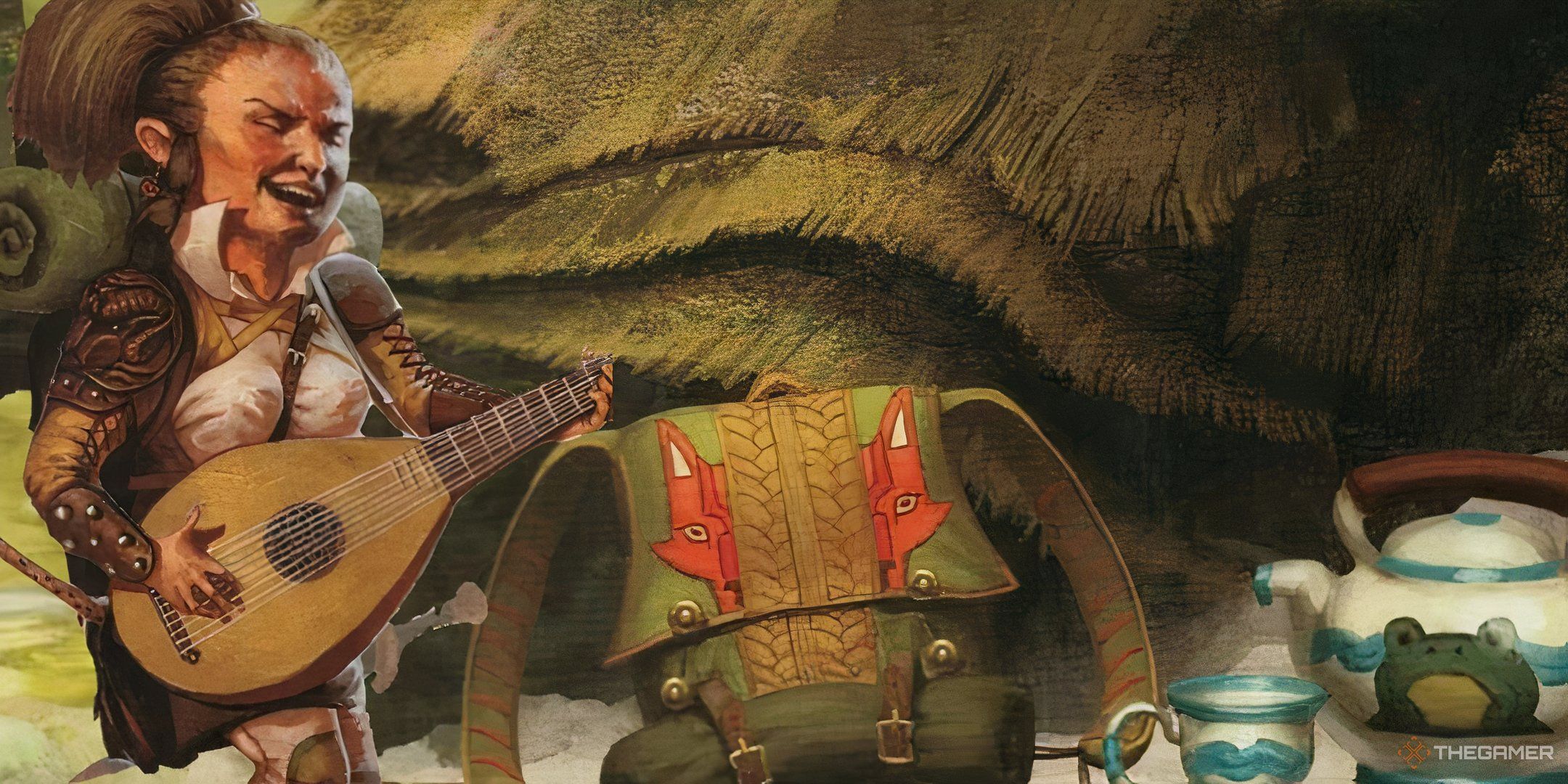
Next
Dungeons & Dragons: Which Equipment Pack Should You Choose?
With so many choices, we’ll help you determine which equipment pack is best for you.
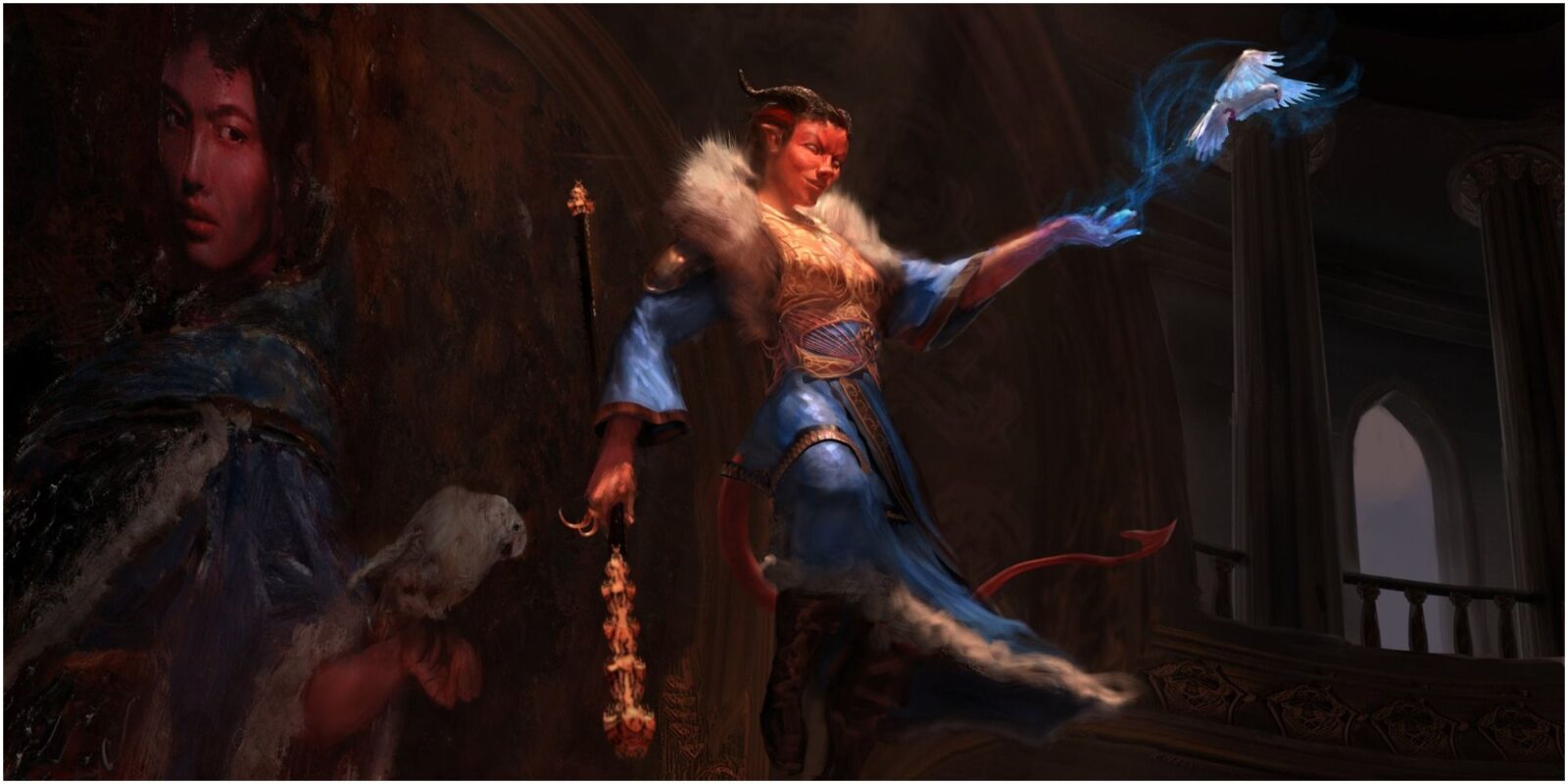

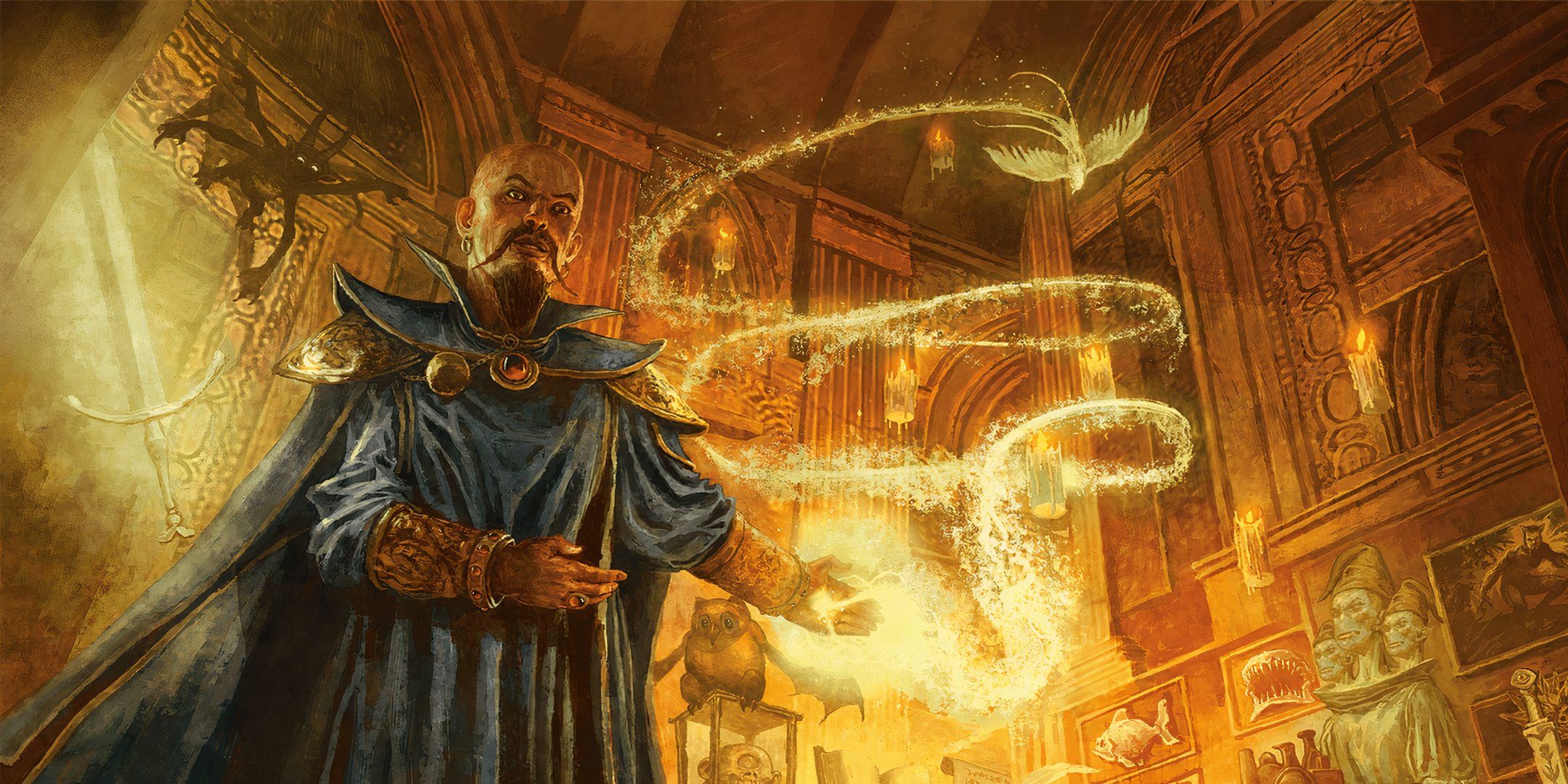

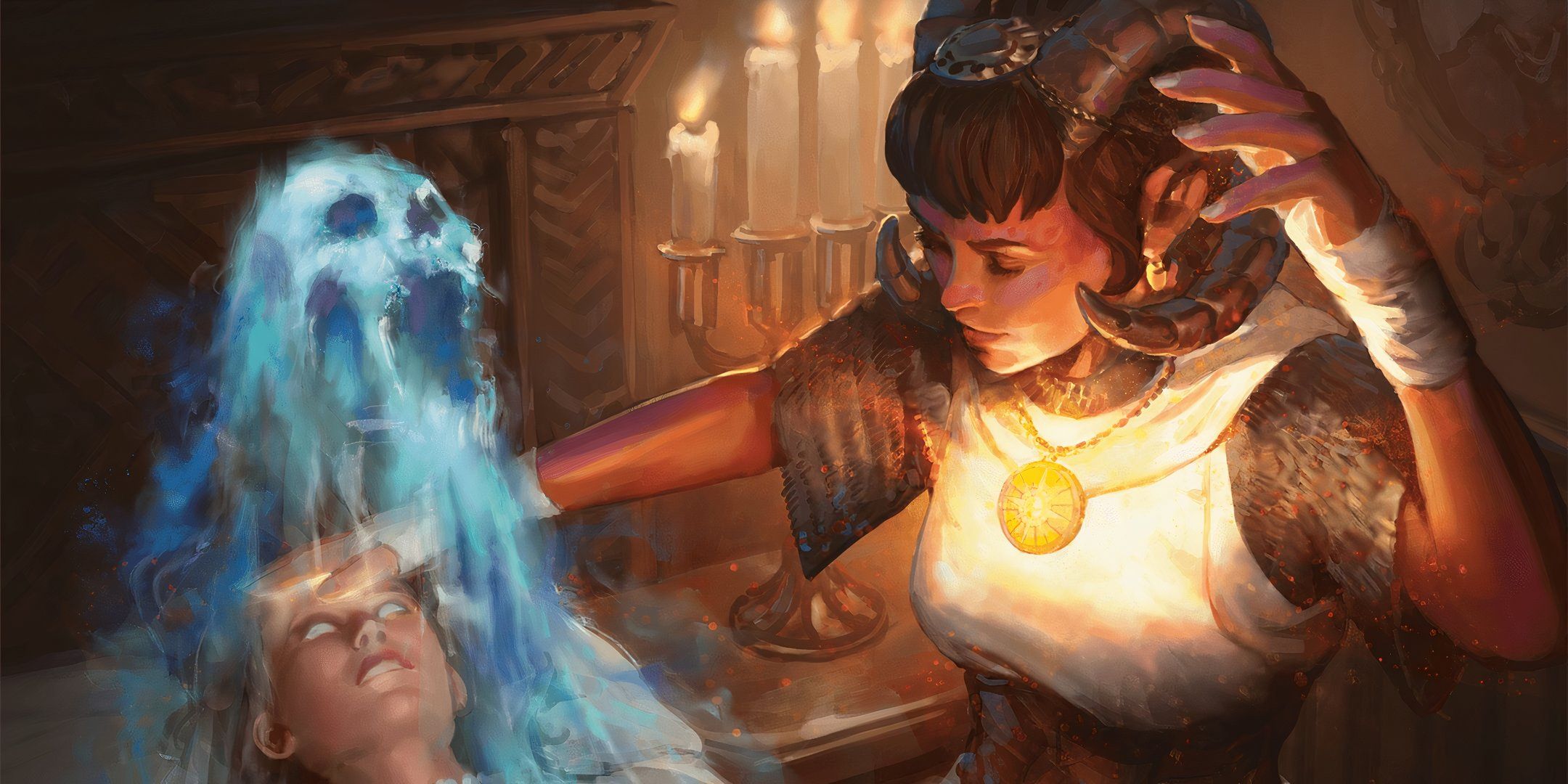
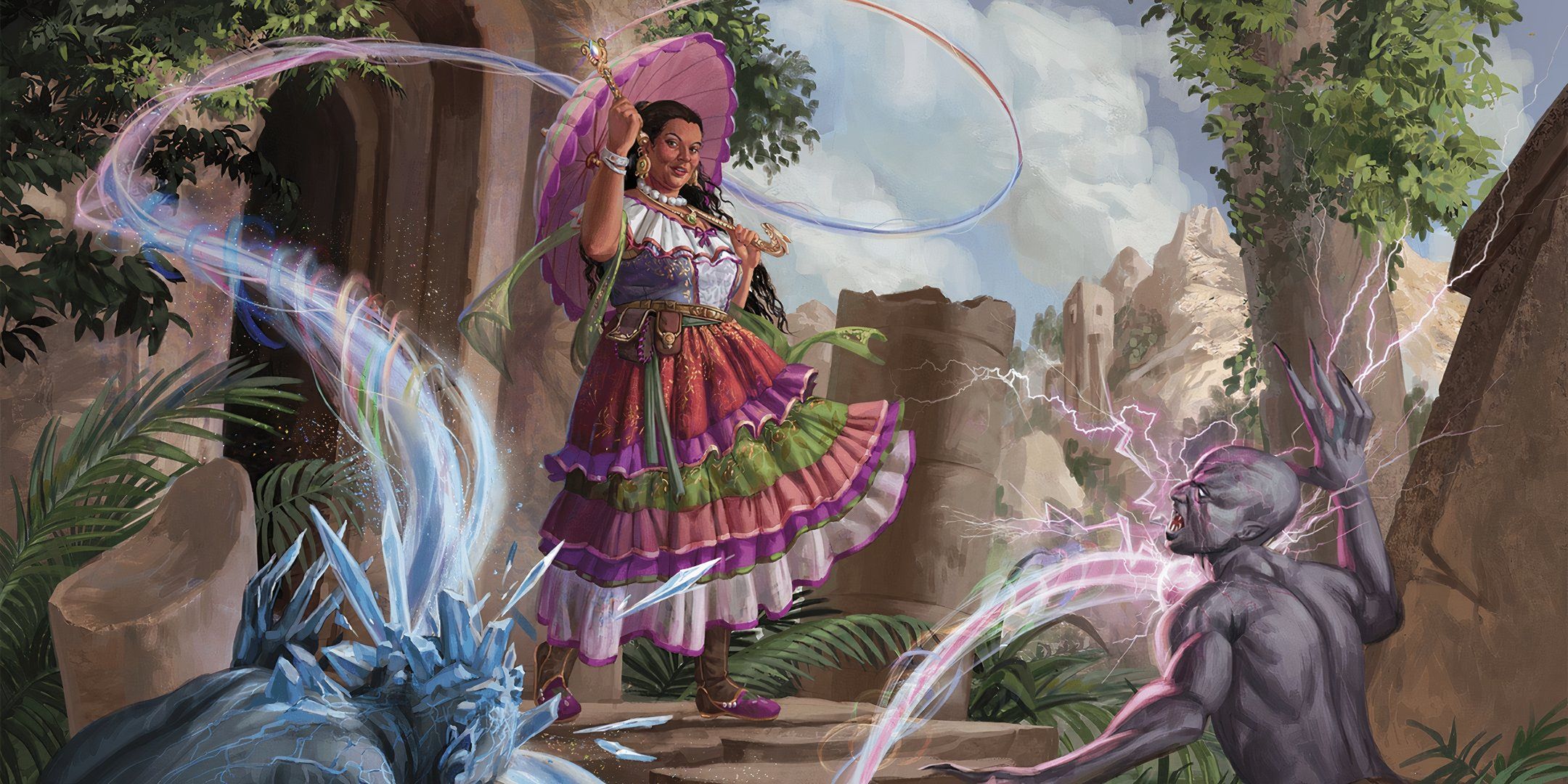
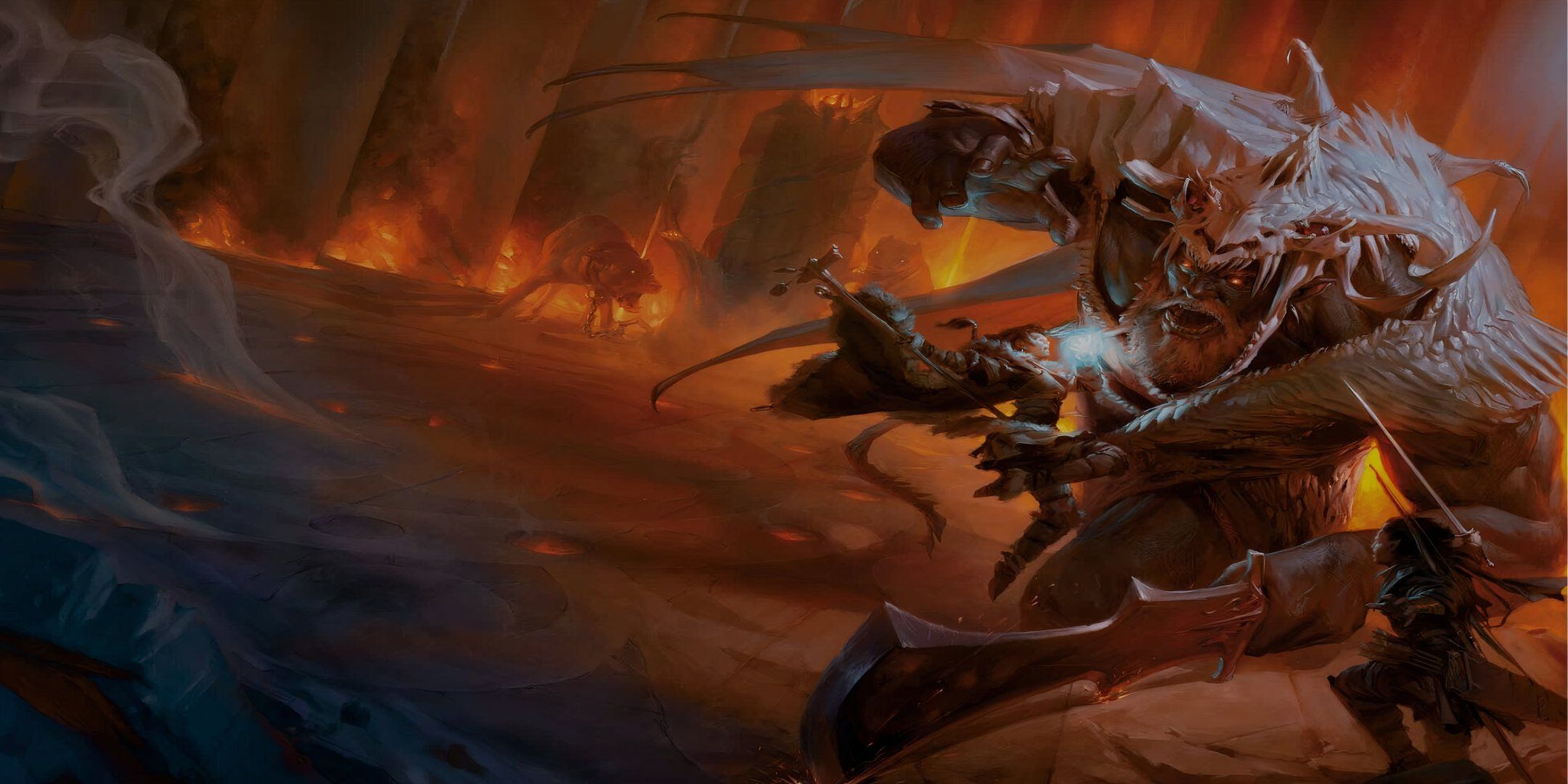
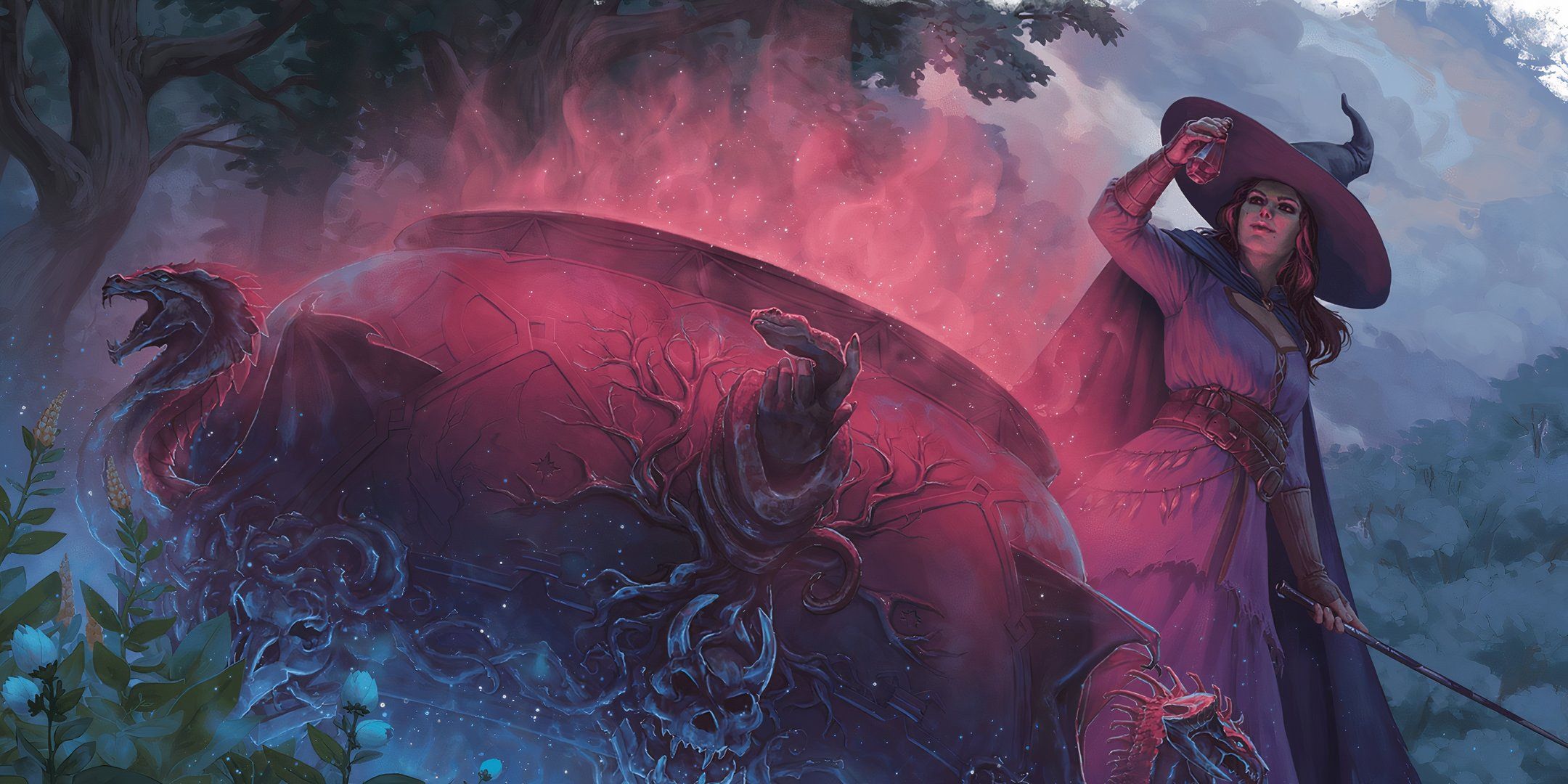
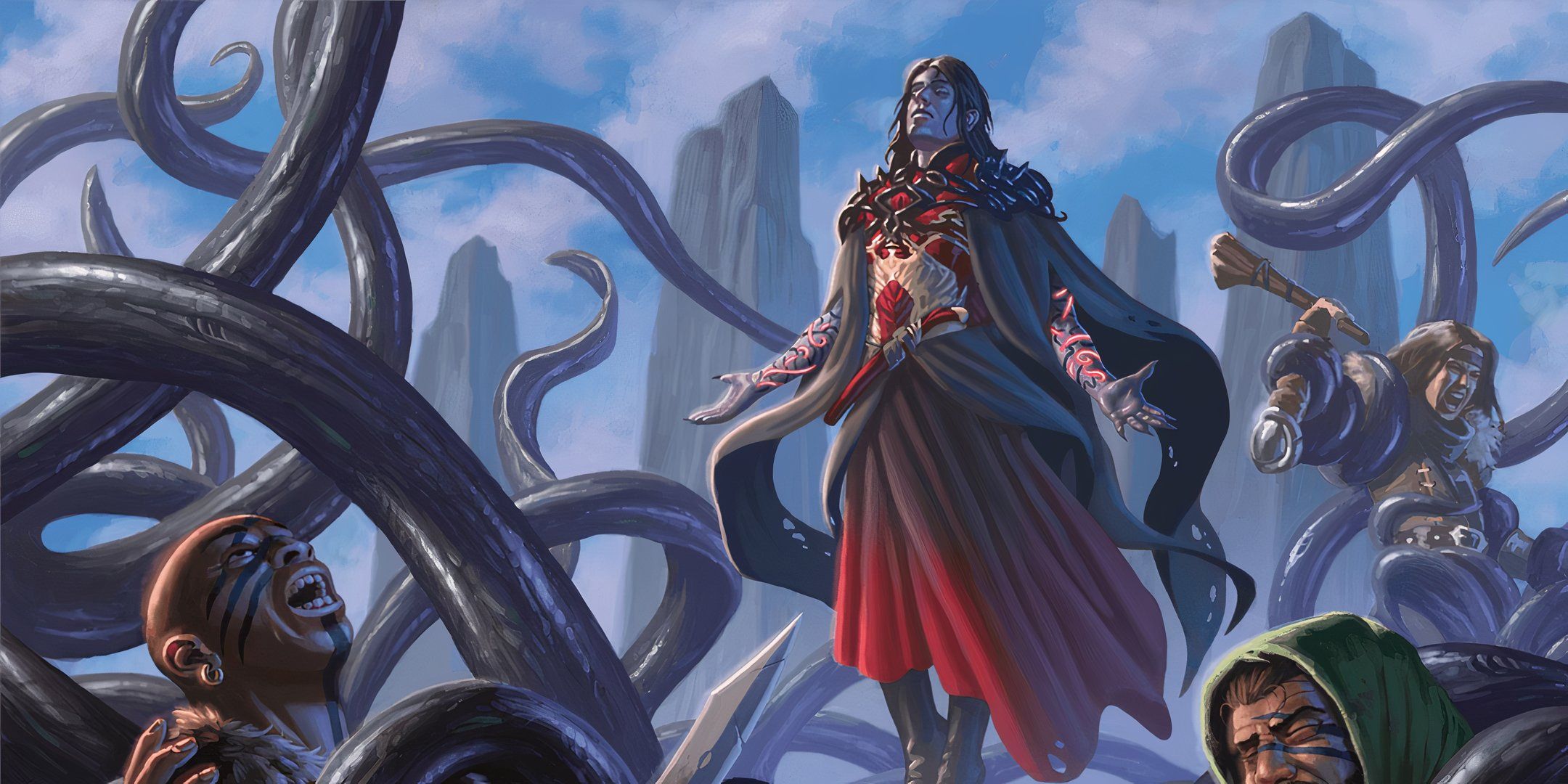







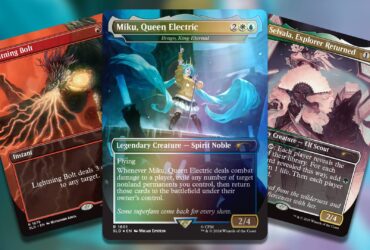
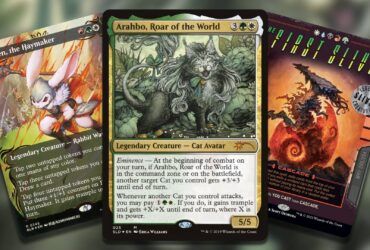
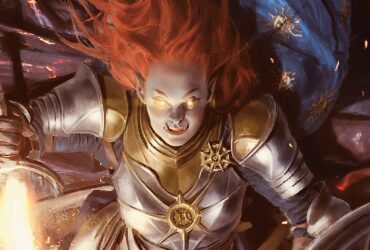
Leave a Reply